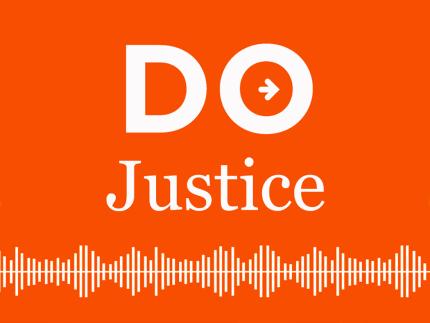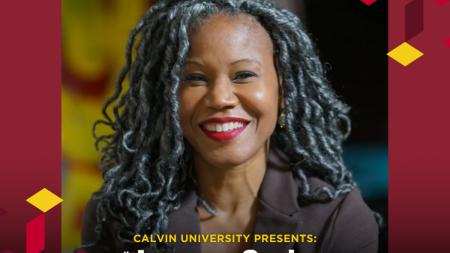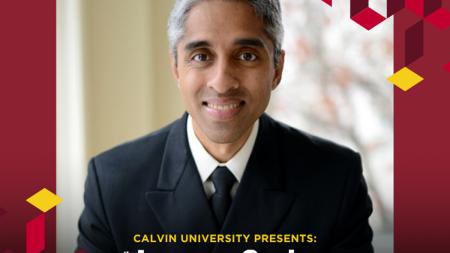Season Six of Do Justice Released

What is “long obedience in the same direction”? And what does this look like when it is applied to the pursuit of justice in our world? These are the questions being explored in season 6 of the Do Justice podcast series.
“The idea of ‘long obedience in the same direction’ came from the German philosopher Friedrich Nietzsche but was popularized by the pastor, theologian, and author Eugene Peterson. who used the concept as the title of his book Long Obedience in the Same Direction: Discipleship in an Instant Society,” said Chris Orme, the show’s host and a church and community engagement representative for World Renew.
“In this book Peterson reminded Christians that our duty is to live faithfully, confident that God is at work in the world. While our individual actions may seem insignificant, when we continue to do them ‘in the same direction,’ God uses them to bring about his purposes.”
So what does this look like when it is applied to the pursuit of biblical justice in our world? Several Do Justice guests offered their perspectives.
Jonathan Nicolai-deKoning, director of the Micah Centre at King’s University in Edmonton, Alta., for example, said that part of ‘long obedience in the same direction’ is having a mindset that recognizes that each of us is not God and can’t do everything on our own.
Instead, he said, we need to ask ourselves, “What are the small things that I can do and can do well?”
For Nicolai-deKoning, this involves helping students explore ways of seeking justice in today's local and global contexts and “recognizing that the other stuff will either be done by somebody else, or maybe doesn't have to be done at all, or the Spirit will inspire somebody else to do that work.”
Dr. Ben Lowe agreed. He works as deputy executive director of A Rocha International and has written a book titled Doing Good without Giving Up.
“One thing I’ve found absolutely foundational is how I define success,” Lowe said in episode 2 of the podcast. We often define or want to define success by effectiveness and results, but Lowe argued that success should instead be defined by faithfulness.
“When we think about what faithfulness means and how it differs from effectiveness, we realize that it’s not just about what we do or what we fight for but how we work toward it or how we fight for it,” he said. “It is about trusting ultimately the outcomes to God, because it is God's mission and it is God's vision.”
Jenny Yang, senior vice president of advocacy and policy with World Relief and the guest on episode 4, added that being part of a community of people also helps.
“When you are advocating for systemic change, it does not happen overnight,” she said. “I've been in this work for over 15 years. We have not seen significant legislative change. I think the things that keep me going are the constant stories of people who are suffering under our broken system. We like to say the broken system creates broken people, and that's what we're seeing . . . right now.”
When bills don’t pass or systems don’t seem to be changing, she said, other advocates remind her that God is still working and people's lives are still being changed, even though we don't see it immediately.
“God continually uses people through seasons, even in Scripture, and a lot of times deliverance and freedom and liberation don't happen even within a decade,” she said. “Sometimes it's 30 years – or walking in the wilderness for 40 years. There are just long periods of drought. Being reminded of that is helpful.”
The Do Justice podcast is a joint initiative of World Renew, Social Justice ministry, and the Centre for Public Dialogue. It is intended to be a conversation starter for people wishing to pursue justice in and through the Christian church. The podcast’s sixth has been listened to over 8,000 times.
“While the majority of listeners are from the United States and Canada, it has been listened to in countries like Uganda, Zambia, Israel, and Germany,” said Victoria Veenstra, communications coordinator for the CRCNA in Canada and one of the makers of the podcast.
Episodes can be found on Apple Podcasts, Spotify, and other podcast platforms.


